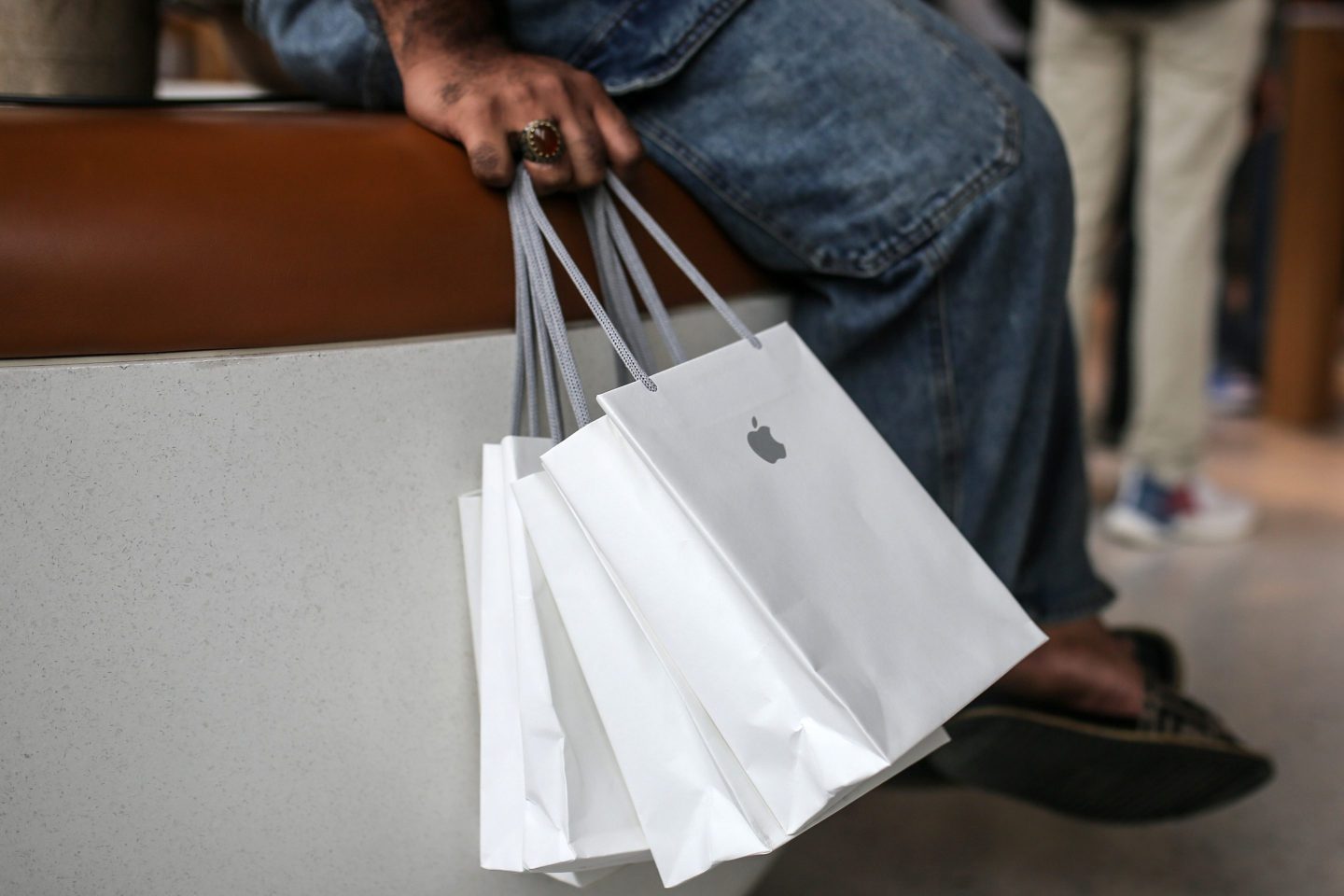A bunch more companies today signed up to the White House’s voluntary commitments on safe AI development (for context, here’s Jeremy Kahn’s skeptical take on the launch of the commitments back in July). Among them is Adobe, which also used the occasion to put more flesh on the bones of its proposal for a federal anti-impersonation law.
Dana Rao, Adobe EVP and general counsel, first revealed the proposal in mid-July, telling Axios and then a Senate Judiciary Committee that creators should be able to seek statutory damages from people who use AI to impersonate them or their style, for commercial gain.
Rao expanded on the idea in a blog post today, in which he pointed out that copying someone’s work may be a copyright infringement, “but copyright doesn’t cover style.” That hasn’t been a problem until now, he argued, because closely copying someone’s style has required a lot of skill and time—but that all changes in a world of generative AI.
Adobe’s own Firefly genAI tool isn’t particularly prone to “style impersonation” because it’s been trained only on “our own licensed Adobe Stock images, other works in the public domain, moderated generative AI content, and work that is openly licensed by the rightsholder,” Rao claimed, adding that “other tools out there that are primarily trained off the web” would be the legislation’s main target.
Indeed, Adobe seems sure enough of Firefly’s safety in this regard that it last month promised enterprise customers it would cover their legal bills if anyone sues them over the copyright implications of their Firefly-generated output. Nonetheless, the “Federal Anti-Impersonation Right (FAIR) Act” that Adobe is proposing would broadly benefit the company and its peers by making the impersonator, rather than the tool’s vendor, the target.
As it happens, Wired yesterday published a good Steven Levy interview with Sundar Pichai, in which the Google boss revisited the subject of new AI laws. Although he’s previously been quite vocal in calling for a new AI regulatory framework, Pichai said many deployment scenarios are already covered by existing rules, such as the need for FDA approval in the medical realm, for example. Passing federal privacy legislation should be a higher priority for the U.S. than a new AI law, he added, because “in privacy, AI raises the stakes even more.”
(Google was in the first tranche to sign up for the White House commitments, along with Meta, Microsoft, OpenAI, Amazon, Anthropic, and Inflection. Alongside Adobe in the second round are Nvidia, IBM, Salesforce, Stability, Palantir, Cohere, and Scale AI.)
The Biden administration noted in today’s announcement that an executive order was on its way to “protect Americans’ rights and safety,” and said it would “continue to pursue bipartisan legislation to help America lead the way in responsible AI development.” For what it’s worth, Biden has also repeatedly called for the passage of federal privacy legislation, but given the furor around AI—there are a few congressional hearings on the matter happening this week alone—I think lawmakers’ priorities lie elsewhere.
More news below.
Want to send thoughts or suggestions to Data Sheet? Drop a line here.
David Meyer
NEWSWORTHY
Apple’s modem chips. Apple has signed up to buy Qualcomm’s 5G modem chips through 2026, giving both companies a lift in the stock market. As Bloomberg reports, the move suggests Apple’s efforts to produce in-house modem chips (it bought Intel’s modem chip business several years ago) have yet to pay off. Even Qualcomm thought earlier this year that Apple would be making its own modems next year. Today is also Apple's annual new iPhone launch day. We'll be covering the event live starting at 10 a.m. Pacific Time.
Autonomous truck bill. California’s Senate has approved a bill requiring trucks to have a human safety operator, which would rule out entirely autonomous trucks. However, as TechCrunch notes, Gov. Gavin Newson is likely to veto the bill, as one of his advisors has already written to its author to express opposition.
Alibaba strategy. Eddie Wu, the Jack Ma lieutenant who is now CEO of Alibaba Group (and, as of Sunday, its cloud unit) has laid out his strategic priorities in a letter to staff. According to Reuters, Wu said Alibaba would be “AI-driven” with a “start-up mindset” and would spend the next four years filling its management teams with younger employees—specifically those born after 1985.
ON OUR FEED
“This is an industry that is littered with dead bodies of people who just can’t make this business work.”
—Lime CEO Wayne Ting crows to The Verge about his shared electric scooter company thriving while competitors crumble. Lime just reported growing bookings and margins (both 45% up year-on-year) and is considering an IPO once the market shows the time is right.
IN CASE YOU MISSED IT
Gen Z’s latest tech craze is tracking each other’s exact whereabouts: ‘It’s exploded into a cool thing to do’, by Chloe Taylor
Apple’s iPhone launch is in less than 24 hours. Here’s what to expect as CEO Tim Cook tries to reverse three painful quarters of sales shrinkage, by Rachyl Jones
Asia is a crypto bright spot amid global slump, report finds, by Leo Schwartz
America leads the world in AI–but we could fall behind on AI regulation by the end of 2023, by Victoria Espinel
Trial over Google’s search dominance is the federal government’s biggest antitrust case since going after Microsoft 25 years ago, by the Associated Press
BEFORE YOU GO
Two-thirds of people are online. New figures from the International Telecommunication Union (a UN agency) show that 5.4 billion people, or 67% of the global population, are now connected to the internet. It’s a big milestone, but current trends suggest the world won’t meet the ITU’s target of “universal and meaningful connectivity” by 2030.
As one might expect, the biggest growth is happening in low-income countries, where there are now around 17% more internet users than there were a year ago. “However,” the ITU wrote in an announcement, “less than one-third of individuals are connected to the internet in these countries.”
This is the web version of Data Sheet, a daily newsletter on the business of tech. Sign up to get it delivered free to your inbox.












